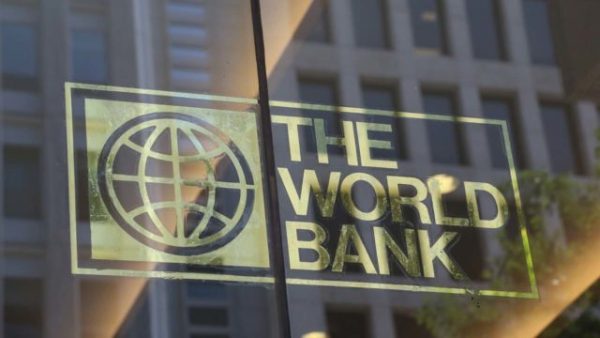Nestle Nigeria slows capex as consumers feel devaluation pinch

Nestle Nigeria’s chief executive (NESTLE.LG) expects the firm’s capital expenditure to slow to its lowest level in five years after a currency devaluation dampened customer spending in Africa’s biggest economy.
Dharnesh Gordhon told the media that consumers in Africa’s most populous nation were suffering from the devaluation triggered by a sharp drop in the price of oil, Nigeria’s main export. A raging Islamist insurgency in the north had also limited the company’s product distribution plans.
“Consumer sentiment is definitely much lower… it’s about the oil price, it’s about the currency, it’s about the uncertainty in the economic climate,” Gordhon said in Lagos.
“We realize that consumers are finding things tough… but at the same time we cannot pass on cost.”
Gordhon said the Nigerian unit of the world’s biggest food group Nestle SA (NESN.VX) had invested $400 million over the past six years into its food and cereal business to lift capacity.
He said the firm would spend $200 million over the next 18 months to maintain growth, such as investing in packaging which currently has to be imported, but would shift its focus to managing costs given the challenges facing the economy.
“It’s lower (spending) than what we had over the last five years. Our capital expenditure has definitely dropped … because we ramped up capacity,” Gordhon said.
Nestle Nigeria’s annual turnover hit 143.3 billion naira ($716.50 million) in 2014, up from 133.06 billion naira in 2013. Pretax profit last year fell 6 percent to 24.44 billion naira.
It said two years ago it aimed to triple sales to 350 billion over a 10-year period and would invest 100 billion naira over the same period to boost its growth.
Gordhon said on Monday he expected the market to grow modestly and not in double-digits this year. He also expected a weaker naira, ranging between 220 to 250 this year to the dollar after the currency devaluation.
The naira crashed through a psychologically important level of 200 to the dollar last month in a rout triggered by weak oil prices and escalating tension over the postponement of a presidential election in Nigeria.
Security has become a major concern for investors because of the Boko Haram insurgency, which is battering Nigeria with almost daily attacks and has killed many thousands over the past five years.
Gordhon said Nestle had started exporting its seasoning product, Maggi, to Britain to tap demand from Nigerians living abroad. Maggi already reaches 20 million consumers at home.
“We are exporting Maggi to the UK… I have a request from Nestle U.S. to export Maggi. It represents about 3-4 percent of the business,” he said.






